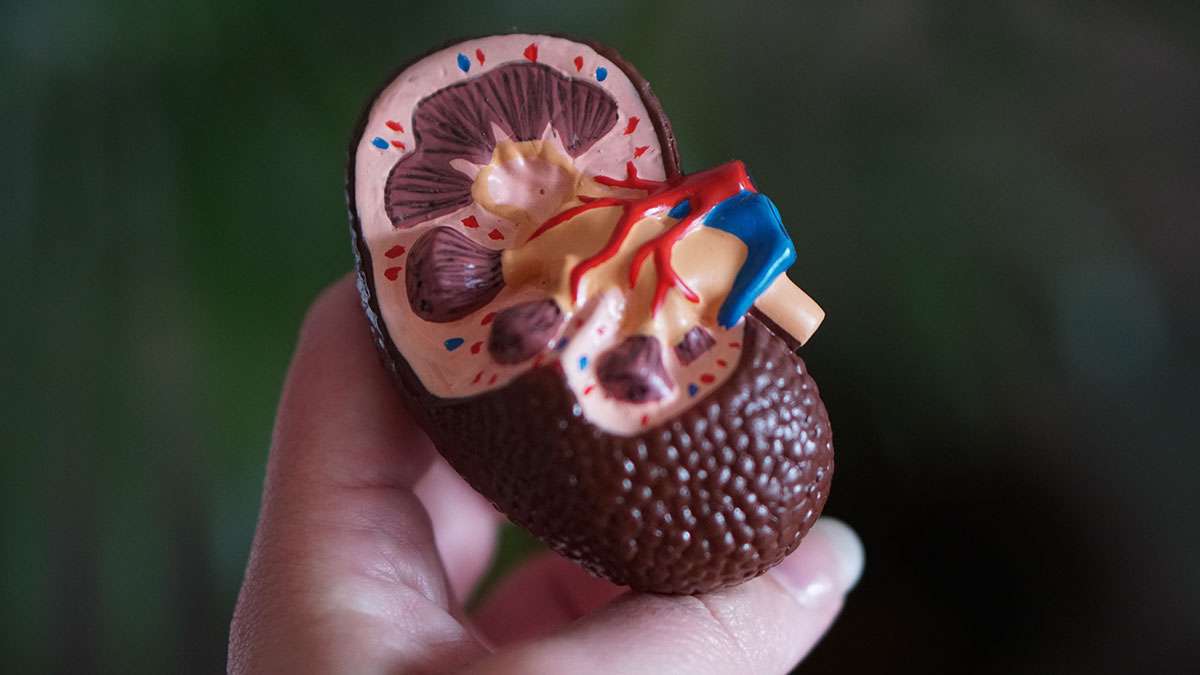We all have a pair of Kidneys in the human body. Kidneys are the important detoxifying organs. When cancer occurs in the Kidney it is called as Renal Cell Cancer. Mostly seen in the age group of 50-70 years occurs more commonly in males than in females. Smoking is the most common cause of Kidney Cancer followed by Obesity and Hypertension. The risk does not come down even after 10 years of stopping smoking.
Obesity is the second most common cause, as both are preventable causes, change in life style decreases the chance of an individual developing Kidney tumor.
So how do we know or suspect if RCC is prevent?
Due to increased health awareness with wide availability of imaging, Renal Cancers are detected when they are small without any symptoms. Occasionally large tumors present with blood in urine or as a lump with or without pain in the tummy.
Once identified unlike in other cancers biopsy of Renal mass is not necessary unless your doctor has a strong suspicion that it might not be cancer.
So how does your doctor treat it?
First, the stage of the Cancer is confirmed with a CECT of the Chest, second the functional status of the opposite kidney is assessed. A general assessment of the person regarding fitness for treatment is done.
How stage is determined?
Stage 1: less than 7cm tumor is confined to Kidney
Stage 2: more than 7cm and less than 10cm confined to Kidney
Stage 3: tumor beyond the Kidney with involvement of lymph nodes
Stage 4: tumor spread to other organs
For advance stage cancer PET CECT will help to identify all the disease sites in the body. For patients with low kidney function PET is a better test for whole body scanning.
What next?
Surgery offers the only chance of cure to Kidney patients. It can be done in two ways 1. Open surgery 2. Keyhole surgery
Open Surgery: it is done in large tumors and when tumor comes out of the Kidney to involve other organs next to it or when disease goes into blood vessels. Needs large incisions on the abdomen or through the ribs more painful.
Keyhole surgery: Means the kidney can be removed using small 1cm incisions without the need to open the tummy.
With large incisions less painful, early recovery indicated in stage-1 tumor or early stage disease.
Can the kidney be saved removing only the tumor?
Yes, when Renal tumors are small and not close to blood vessels and ureters also called nephron sparing surgery.
- Technically demanding
- Better patient outcomes are seen
Role of Robotic surgery in Kidney Cancers:
Latest and most advanced technique used in kidney surgery
Nephrectomy or kidney saving surgery can be done with greater precision through smaller incisions with minimal blood loss, lesser pain, early recovery to normal life.
Enables technically demanding procedure with greater ease and lesser complications.
Do I require Radiotherapy or Chemotherapy after surgery?
No, in a localized disease where entire tumor has been removed, the patient needs to be on follow up with investigations done every 3-4 months to assess opposite kidney function and for metastasis.
In advanced disease kidney is removed to decrease the burden of disease and then start the patient on immunotherapy to control the other sites of the disease.
A WORD OF CAUTION:
- Quit smoking immediately
- Keep a check on body weight
- ALERT – blood in urine evaluate the urinary tract
- Family history of Kidney cancer – Regular Health Checkups advised
- Stay healthy stay safe.













